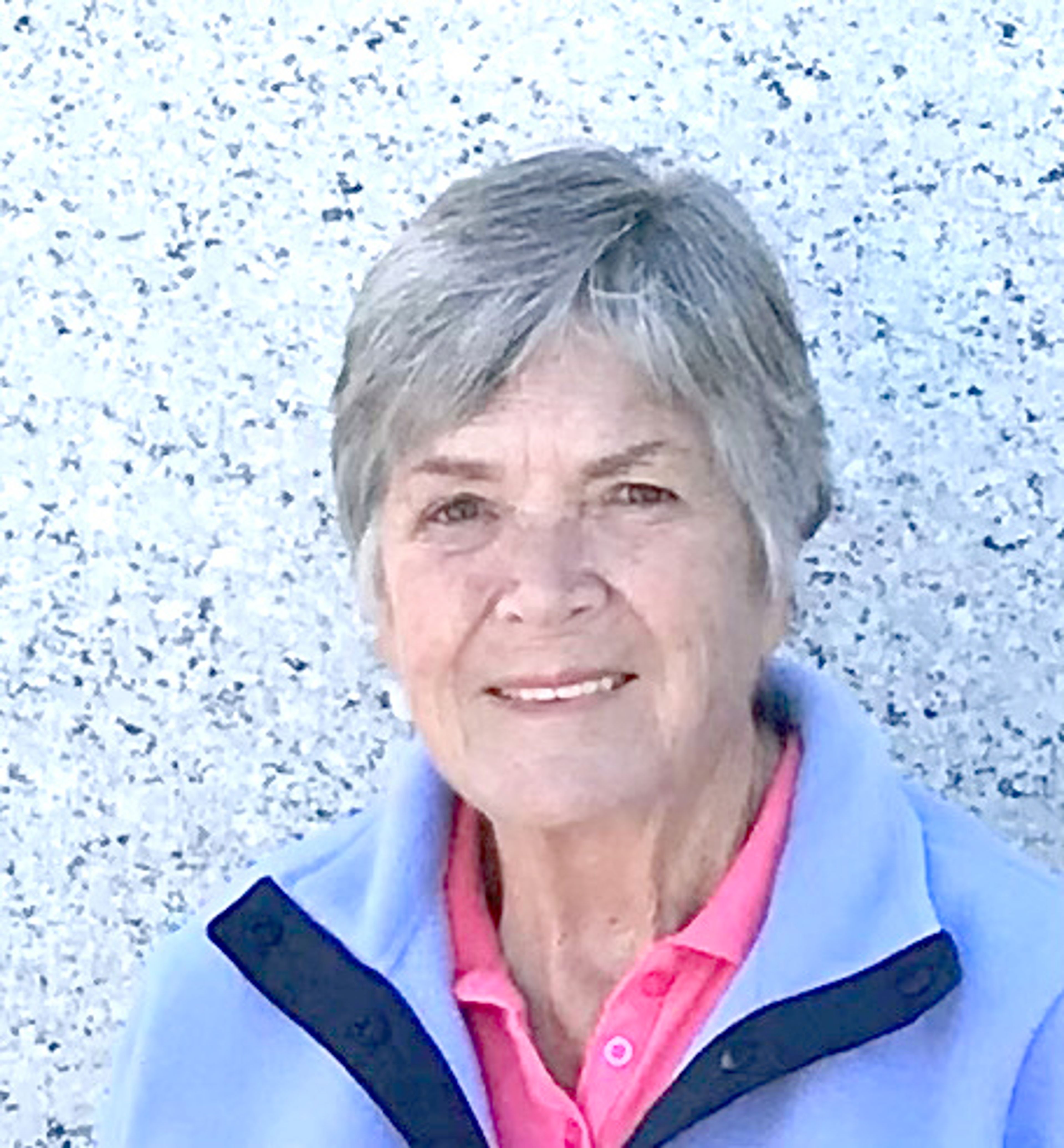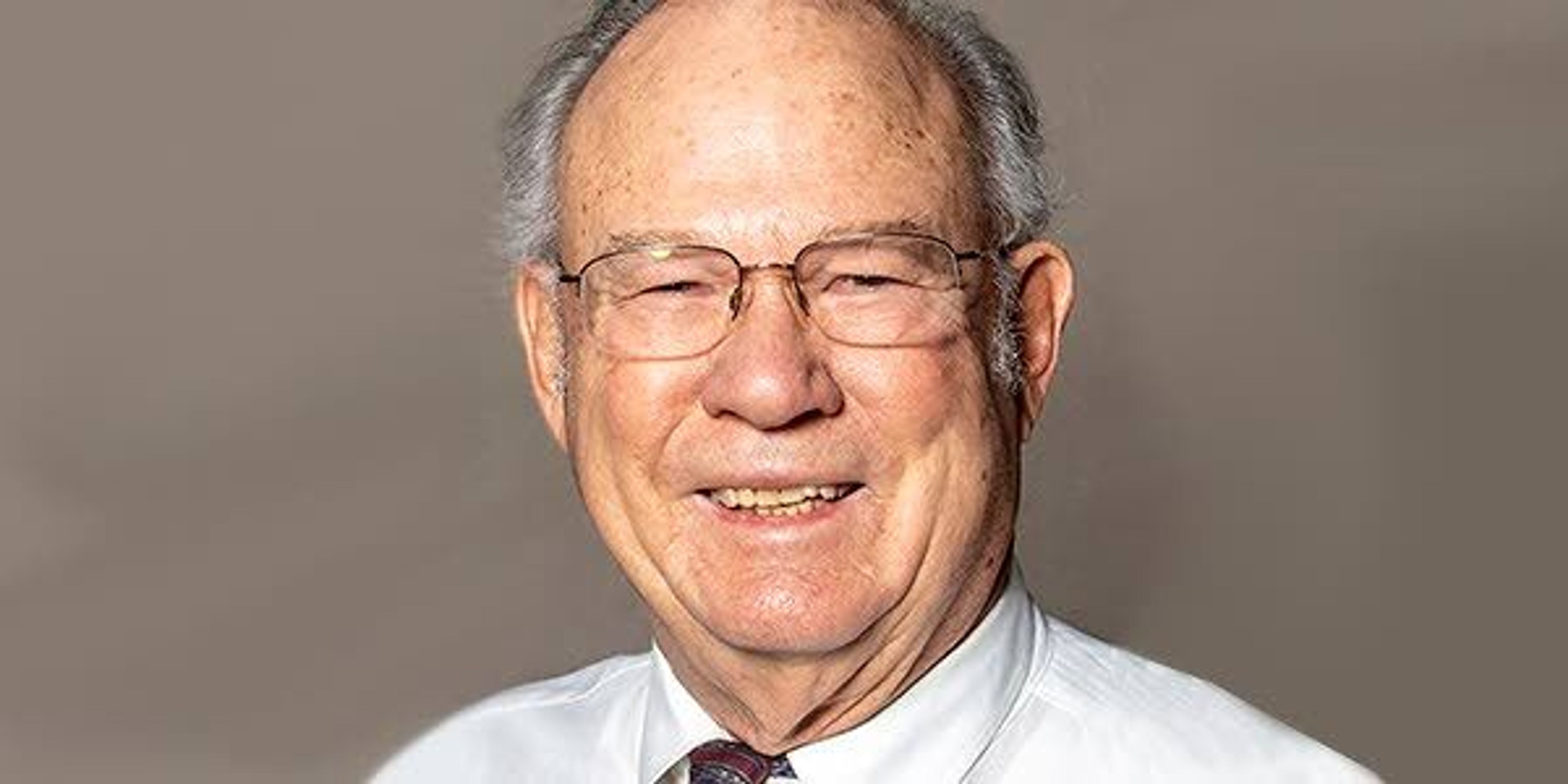OPINION: Drug law good first step, but there’s more to do
Guest Editorial: Another Newspaper’s Opinion
This editorial was published in The Columbian of Vancouver, Wash.
———
The good news is that the Washington Legislature has reaffirmed that illegal drugs are, indeed, illegal. But that does not mean the job is finished. Lawmakers must ensure that state policy is working for those tasked with enforcing the law, those who provide treatment and, especially, those who are in the throes of addiction.
During a one-day special session last week, lawmakers prevented the nightmare scenario that was facing the state — the legalization of all drugs July 1. That was the prospect after the Legislature closed its regular session weeks earlier without approving a fix for the 2021 state Supreme Court decision in Blake v. State.
The new law, which originated as Senate Bill 5536, retains criminal penalties for drug possession, making it a gross misdemeanor punishable by up to six months in jail for the first two offenses and up to a year after that. It also encourages police and prosecutors to divert cases for treatment or other services and provides $44 million for items such as crisis centers and short-term housing for people with substance-use disorders.
“I think this is a very positive thing that the Legislature has taken this action,” Clark County Prosecuting Attorney Tony Golik told The Columbian. “The fact there was such overwhelming bipartisan support I think speaks volumes for the need for this new law.”
Sen. Ann Rivers, R-La Center, was the only southwest Washington lawmaker to vote against the final version of the bill.
A philosophical division among House Democrats had scuttled the bill during the regular legislative session. Progressive Democrats favor a public health approach to drug laws rather than a punitive one, and all 12 Democrats who opposed the legislation last week hailed from the Seattle area, according to The Seattle Times.
The official platform of the state Democratic Party calls for the “decriminalization of personal possession and use of most drugs in a manner similar to Oregon Initiative 110 passed by voters in 2020.”
But in retaining some criminal punishment for drug possession and use, while also addressing treatment options, lawmakers have reached a reasonable compromise. They also have reached a realistic one, recognizing that the decision of Oregon voters has been deleterious and recognizing that most Washington voters do not favor decriminalization.
The key element to the Oregon approach, according to analysts, has been a failure to adequately fund the treatment that was supposed to replace punishment. Getting help for people is a wonderful idea; but it requires funding and infrastructure that takes time to develop.
That is where unfinished business plays a role in the Washington situation. “Over and over again we’ve heard that any solution we’ve proposed needs to put treatment options in front,” said Sen. June Robinson, D-Everett, and sponsor of SB 5536. “I believe this ... does that.”
A rethinking of drug laws throughout the nation is necessary. Years of draconian punishments have not effectively addressed the scourge of dangerous substances in our communities. But lawmakers were wise to seek a balance rather than adopting the radical approach of decriminalization.
As Amber Emery, deputy county manager for Clark County, said: “We need robust diversion services in our community. ... My first thought isn’t the jail, but ‘Are diversion services in the community going to be enough to support what the bill’s intentions are?’ ”
That will bear watching.
TNS








